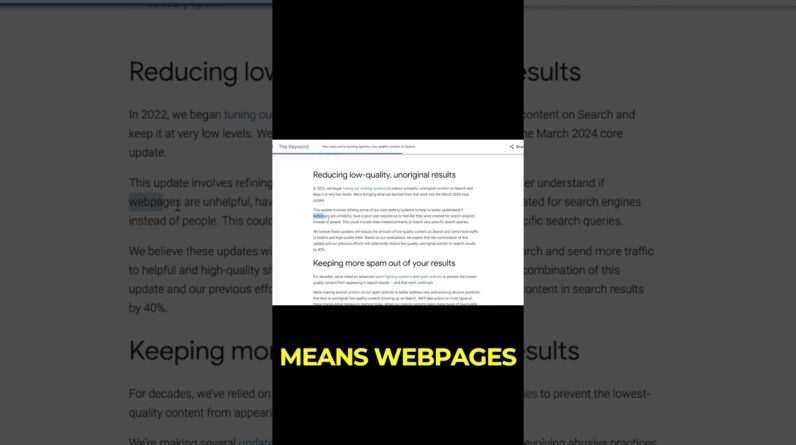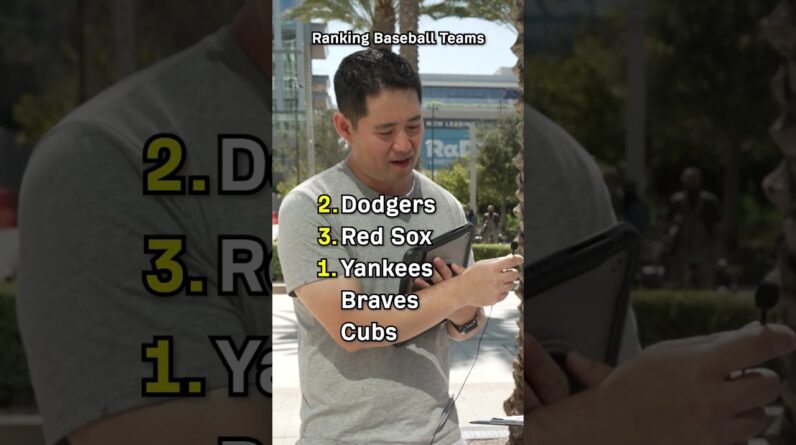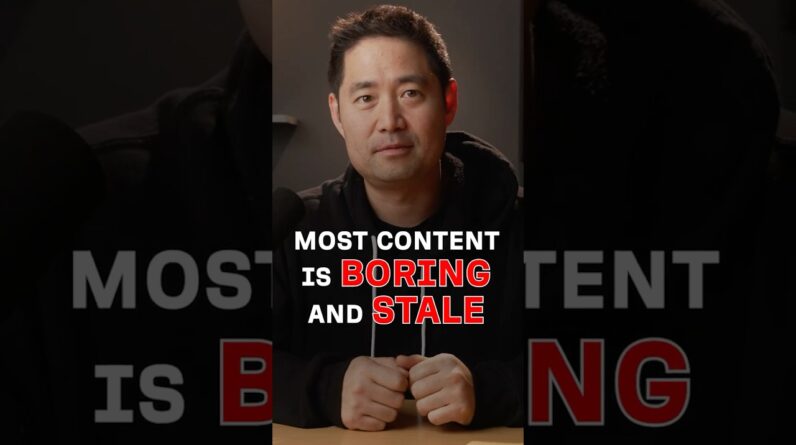
In my blog post, I delve into what Google defines as low-quality content. Let’s uncover the criteria set by Google to differentiate between valuable content and substandard material.
What Does Google Consider as Low-Quality Content?
Introduction
As a content writer deeply involved in the world of SEO, I often ponder over what Google defines as low-quality content. Understanding this concept is crucial in creating valuable and engaging content that ranks well in search engine results. In this article, I will delve into Google’s guidelines to explain what constitutes low-quality content and why it is essential to avoid it.
What Exactly is Low-Quality Content?
Let’s break down the concept of low-quality content according to Google. It’s not just about the words on the page; it goes beyond that. Low-quality content means pages that fail to provide value to users, resulting in a poor user experience. Google’s ultimate goal is to enhance user satisfaction by delivering relevant and high-quality search results.
Unoriginality and Unhelpful Pages
Google aims to reduce unoriginal and unhelpful content in its search results. So, what does this entail? Pages that lack originality, merely repeating information found elsewhere without adding any value, fall into this category. Likewise, pages that offer little to no helpful information or are difficult to navigate can be deemed low quality by Google.
Balancing SEO and User Experience
We often encounter web pages that seem to prioritize search engine algorithms over human readers. These pages feel like a jumble of keywords and phrases, inserted haphazardly to attract search engine bots rather than genuinely helping users. Google frowns upon such content that sacrifices user experience for SEO tactics.
Examples of Low-Quality Content
- Keyword-Stuffed Pages: Websites that stuff keywords excessively into their content, making it unnatural and challenging to read.
- Doorway Pages: Sites created solely as entry points to redirect users to different pages, offering little value themselves.
- Thin Content: Pages with minimal content or substance, providing little to no valuable information to visitors.
Poor User Experience: A Major Factor
In Google’s eyes, poor user experience is a significant indicator of low-quality content. If a website is challenging to navigate, loads slowly, or bombards users with ads, it contributes to a negative user experience. Google’s algorithms are designed to detect these aspects and may penalize sites that fail to prioritize user satisfaction.
Unoriginality: An Undesirable Trait
Interestingly, Google also categorizes unoriginal content as part of low quality. This refers to pages that copy content from other sources without adding any significant value or insight. Creating duplicate content not only diminishes the credibility of a website but also hampers its chances of ranking well in search results.
More Insights in the Video
For those seeking a deeper understanding of what Google considers low-quality content, watching our accompanying video will provide valuable insights and practical examples. The video will shed light on specific cases and offer tips on how to ensure your content meets Google’s quality standards.
Conclusion
In conclusion, creating high-quality content that aligns with Google’s guidelines is essential for online success. By prioritizing user experience, providing original and valuable information, and avoiding manipulative SEO tactics, content creators can enhance their visibility and credibility in search engine rankings. Remember, quality always trumps quantity in the digital realm.
FAQs About Low-Quality Content
- What are some common indicators of low-quality content according to Google?
- How does poor user experience impact a website’s ranking in search results?
- Why is it crucial to avoid unoriginal content in online publishing?
- Can websites with low-quality content recover and improve their search rankings over time?
- What steps can content creators take to ensure their content meets Google’s standards for quality and relevance?





